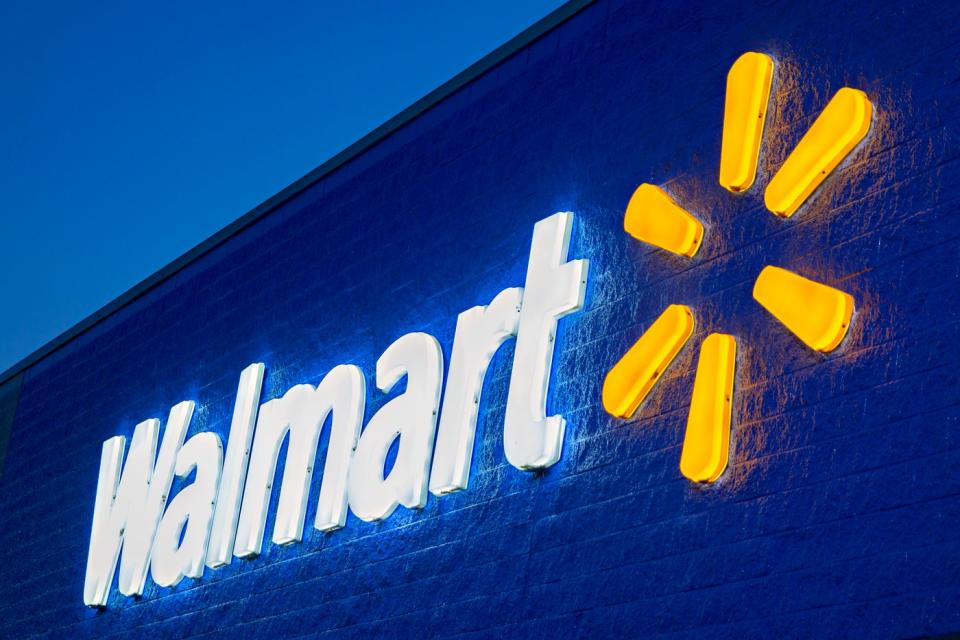Can Walmart Afford Its $40 Billion in Long-Term Debt?
Walmart (NYSE: WMT) is the biggest company by revenue on the planet, but the thousands of superstores it operates don't come without costs.
Walmart has over 2 million employees and spends billions of dollars on capital expenditures each year to maintain and refurbish its stores and distribution centers, and build new ones.
In order to fund those expenditures, the company has taken on a lot of debt. Currently, it has $39.6 billion worth of long-term debt on its balance sheet, $3.45 billion of which is due in the next year.

Walmart paid $2.3 billion in interest on that debt last year, but it generated $27 billion in operating income and $15.1 billion in free cash flow. So while the interest expense does take a significant bite out of its profits, Walmart should have no problem affording that debt in the future.
The giant retailer also has formidable competitive advantages due to its economies of scale and low-cost products, and it has an all but recession-proof business model. Its reputation for everyday low prices means that consumers visit its stores in part to save money.
Walmart has also withstood a significant challenge from Amazon, building an e-commerce business that now generates more than $100 billion in revenue annually.
Finally, Walmart has a strong balance sheet, showing that it should be able to withstand even a severe economic shock. It finished the fourth quarter with $9.9 billion in cash and equivalents as well as $76.9 billion in current assets, meaning assets that are expected to be converted into cash in the next year.
With a nearly recession-proof business model, strong profits, and a solid balance sheet, Walmart can easily afford its $40 billion in debt -- a financial position that should please and reassure its investors.
Should you invest $1,000 in Walmart right now?
Before you buy stock in Walmart, consider this:
The Motley Fool Stock Advisor analyst team just identified what they believe are the 10 best stocks for investors to buy now… and Walmart wasn’t one of them. The 10 stocks that made the cut could produce monster returns in the coming years.
Consider when Nvidia made this list on April 15, 2005... if you invested $1,000 at the time of our recommendation, you’d have $466,882!*
Stock Advisor provides investors with an easy-to-follow blueprint for success, including guidance on building a portfolio, regular updates from analysts, and two new stock picks each month. The Stock Advisor service has more than quadrupled the return of S&P 500 since 2002*.
*Stock Advisor returns as of April 22, 2024
John Mackey, former CEO of Whole Foods Market, an Amazon subsidiary, is a member of The Motley Fool's board of directors. Jeremy Bowman has positions in Amazon. The Motley Fool has positions in and recommends Amazon and Walmart. The Motley Fool has a disclosure policy.
Can Walmart Afford Its $40 Billion in Long-Term Debt? was originally published by The Motley Fool
